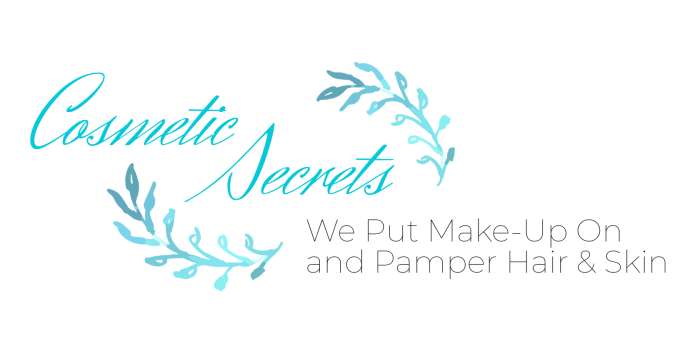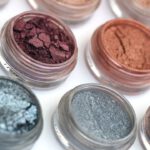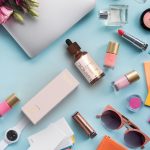Retinol – what is it and what is its role?
Hello!
It is very popular and effective, often used in the field of cosmetology and dermatology. It has a universal effect, which makes it one of the best substances in skin care and treatment of various dermatological conditions. What are we talking about? It is, of course, retinol. How do you use it and what effects will it give you? Read my latest text and find out everything.
What is retinol?
Retinol is a derivative and active form of vitamin A, which has been through most detailed research out of all substances used in cosmetics. It provides the anti-aging effect, stimulates skin cells to regenerate and renew and prevents the early aging of the body. The basic source of retinol is beta-carotene (provitamin A). It can be found in: carrots and yellow and green vegetables and fruit. The transformation of provitamin into vitamin occurs in the liver and intestines, vitamin A is absorbed from the digestive tract, and 90% of retinol is stored in the liver.
Other forms of retinol
There are several types of retinoids. You can divide them into:
- retinoic acid – may irritate the skin and cause redness and flaking;
- retinyl-palmitate and retinyl acetate – have a weaker effect compared to retinol. Their action is based on moisturizing and preventing keratosis; they act as antioxidants;
- beta-carotene (provitamin A) – used in cosmetics provides antioxidant properties;
- retinal – the least-known type of vitamin A.
How does retinol work?
Retinol stimulates the growth and functioning of new skin cells and speeds up processes that remove dead or abnormal cells. In addition, it delays the skin’s aging processes and stimulates the production of collagen and elastin. Other functions of retinol include participation in the process of seeing at dusk, impact on the functioning of the thyroid gland, regeneration of epithelia. Retinol is used to treat the following diseases and conditions:
- preventing and treating a deficiency of vitamin A;
- treatment of psoriasis, acne, fish scales;
- combating thermal, radiation and other skin damage;
- treatment of respiratory tract and gastrointestinal inflammation;
- for dry eye syndrome, and for burning and irritation of the eyeball.
Retinol is also used to treat acne skin. It has an exfoliating and normalizing effect, thanks to which it cleanses skin pores, regulates the amount of secreted sebum and soothes inflammation. During the treatment, the skin’s condition improves – it becomes elastic, smooth and toned. Retinol evens out skin tone brightens discolorations and reduces the visibility of broken blood vessels.
Indications for retinol use
Retinol therapy can be started at the age of 25, when the level of hyaluronic acid and collagen in the skin decreases. You can start using this substance if you notice one of the signs below. And these include:
- protection and irritation of the eyeball;
- mature skin with wrinkles;
- spots and blemishes;
- lack of firmness and elasticity of the skin;
- enlarged skin pores.
Can retinol have side effects?
It turns out that the use of high doses of retinol can cause many undesirable effects. These include:
- sensitivity, fatigue, lack of appetite;
- vomit, headaches;
- extremely dry skin;
- stomach and intestinal disorders;
- eye dryness;
- drying of nasal mucous membranes;
- nosebleed;
- sensitivity to the sun’s rays.
Retinol – principles of use
In order for the retinol product to retain its properties, it must be properly stored (also in the right packaging). The concentration of the preparation must not be lower than 0.25% and not higher than 1%. Retinol should be used overnight because it may cause skin irritation during the day when in contact with the sun. Therefore, during the treatment, it is recommended to use a cream with a 30 SPF filter. It is also important to use moisturizing cosmetics because retinol can cause dehydrate the epidermis.
So, girls? Are you ready for retinol treatment?






